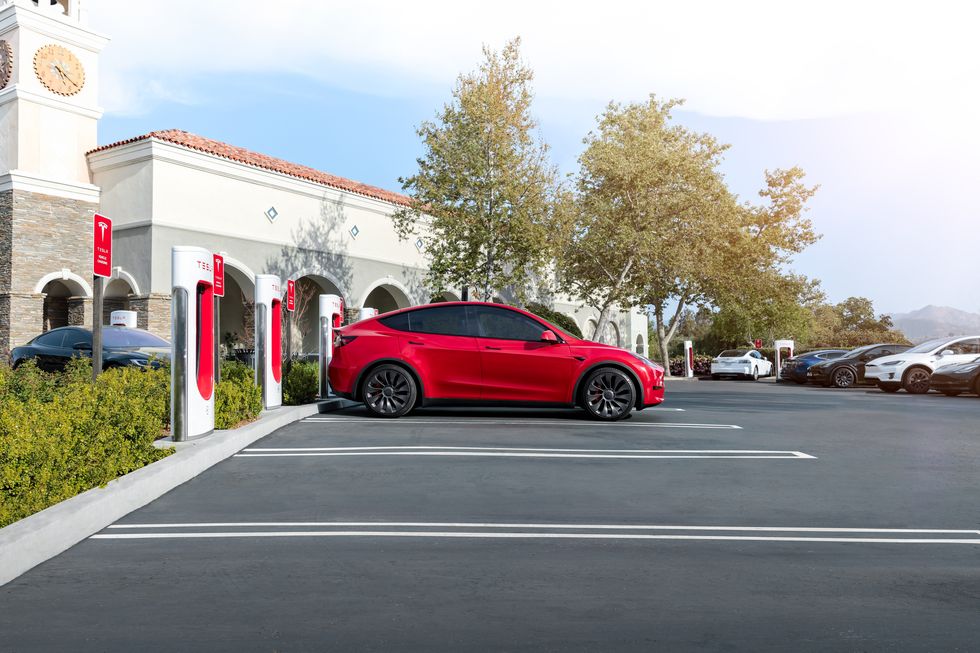Get Free Quotes 866-651-2992
Remanufactured & Used Engines

the surprise political revival of some parts of the build back better plan brings with it the potential for massive federal action on climate change, drug costs, and corporate taxes. now packaged as the inflation reduction act of 2022, or ira, the bill would reduce the federal deficit by over $300 billion, according to president joe biden.
it's the estimated $369 billion in the ira that addresses climate change and energy security spending that will have a direct effect on the vehicles we buy and drive. the text of the bill is not yet final, and the senate has not yet voted on it, but we can at least look at what would change in the automotive world if it passes as it is. here's a summary of how the ira would affect the lives of car buyers. in short, middle- and low-income buyers benefit, as do automakers who build their evs in north america.
the biggest change for the auto industry is that the ira revamps how federal electric-vehicle tax credits work. right now, the credits can only be applied to the purchase of a new ev and are limited to 200,000 qualifying purchases per automaker before the credits, worth up to $7500 per vehicle, start to phase out.
under the ira, the credits would not be tied to any automaker but would continue for all qualifying evs until december 31, 2032. this change most obviously helps general motors, tesla, and toyota the most, since they're the three automakers that have either already run out of tax credits or are now phasing them out. president biden emphasized in remarks about the bill that the qualifying factor for $7500 tax credit is "if those vehicles were made in america."
car buyers would also be able to get the credit as a discount at the time of sale, either as a down payment or as a price reduction, instead of needing to wait until filing their taxes.
the bill also sets upper-income limits on who can get the credit. anyone making more than $150,000 a year (single filer) or a family that makes more than $300,000 would not be eligible. there will also be limits on how expensive a vehicle can be to qualify, with the upper price limit on vans, trucks, and suvs now set at $80,000 msrp while all other vehicles are limited to a price of $55,000.
for the first time, used evs would be eligible for a rebate of either $4000 or 30 percent of the vehicle's sale price, whichever is smaller. the maximum price of a qualifying used ev is $25,000 and it has to be at least two years old. income limits exist for used sales, too, but they're set at $75,000 (single filers) and $150,000 (joint filers).
the bill also changes the definition of what kinds of vehicles can get the credit, from a "qualified plug-in electric drive motor vehicle" to a "clean vehicle," opening the door for hydrogen or other powertrain types to be considered the same as battery-only evs from the federal tax-credit perspective.
finally, and this will take some time to come into effect, the bill requires automakers to use "critical minerals" for their batteries that were extracted and processed in north america or a country the u.s. has a trade agreement with. the bill requires qualifying clean vehicles to use a minimum amount of such minerals, starting at 40 percent for vehicles put into service before january 2024, then going up by 10 percent a year until it reaches 80 percent for vehicles placed in service after december 31, 2026. similarly, all qualifying clean vehicles need to have their battery components manufactured or assembled in north america at a similar increasing scale, starting at 50 percent for vehicles put into service before january 1, 2024, and growing to 100 percent starting in 2029. expect to hear about lots more battery gigafactories sprouting up around the u.s. if this becomes law.
as for the politics of the bill, given that the bill was revived through a deal with majority leader chuck schumer (d-ny) and senator joe manchin (d-wv), there's hope on capitol hill that the bill will pass with all 50 democratic senators voting in favor, allowing vice president kamala harris to vote to break the tie if all 50 republicans vote against, as is expected. schumer said last week that he would bring the ira up for a vote this week.
source:caranddriver.com